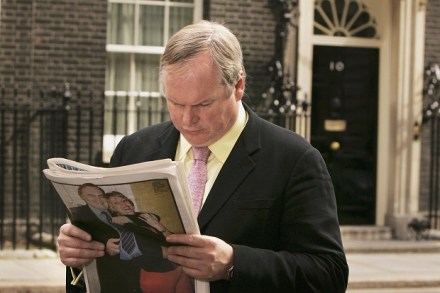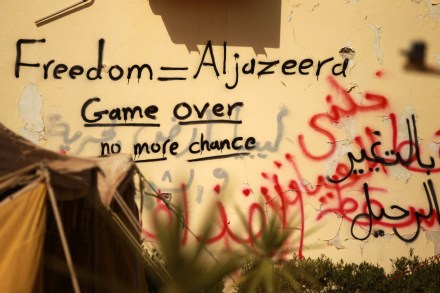Boulton and Co
Journalists do, occasionally, say something nice about politicians. It does not happen very often; but, when it does, it’s usually heartfelt. Adam Boulton hosted a party at the Savoy last night to celebrate his 25 years at Sky News. Boulton heaped praise on those politicians with whom he has worked while covering the life and times of ‘5 Prime Ministers, 5 US Presidents, 5 Labour leaders, 6 Tory leaders and 4 Lib Dems – and counting’. He said: ‘As journalists, we need people who are prepared to engage our profession with their arguments and accountability. And you do. And often. And properly, which is vital to the democratic process. For







